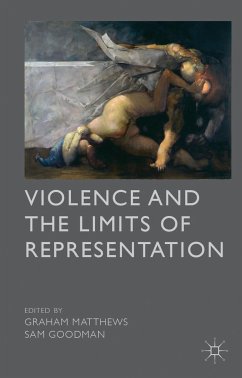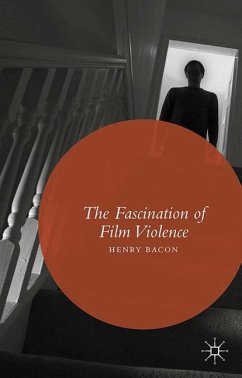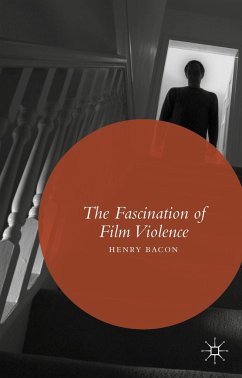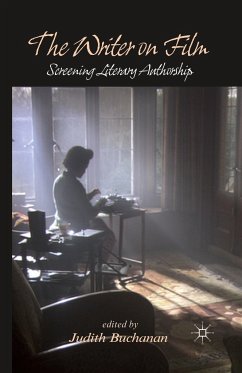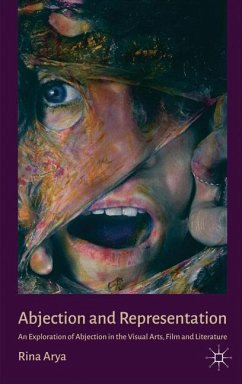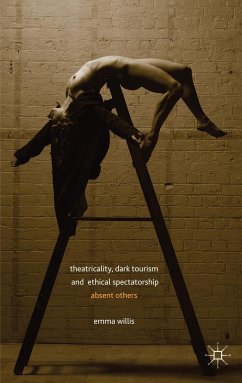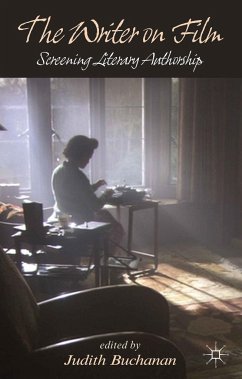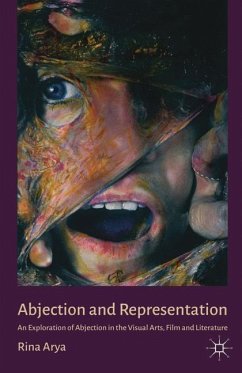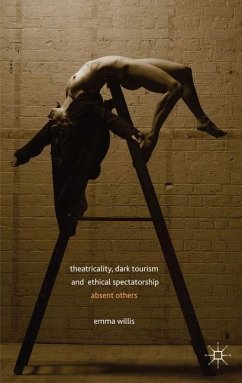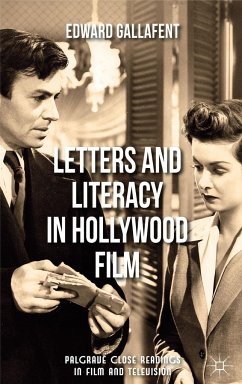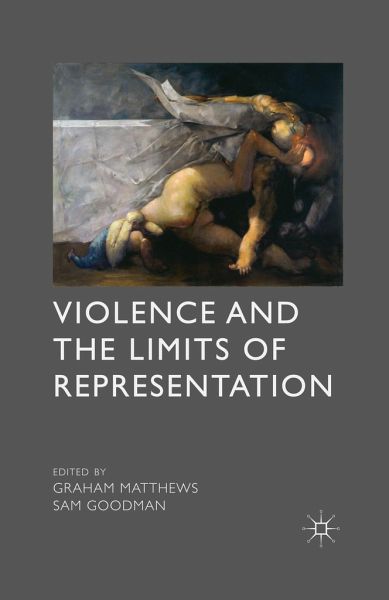
Broschiertes Buch
Violence and the Limits of Representation
Versandkostenfrei!
Versandfertig in 6-10 Tagen

PAYBACK Punkte
19 °P sammeln!





Violence and the Limits of Representation explores the representation of violence in literature, film, drama, music and art in order to demonstrate the ways in which the work done by researchers in the Arts and Humanities can offer fresh perspectives on current social and political issues.
Sam Goodman, University of Exeter, UK Rosalind Haslett, Newcastle University, UK Robert Jackson, postgraduate researcher, artist and software developer, UK Graham Matthews, Newcastle University, UK Catriona McAra, University of Huddersfield, UK John Mullarkey, Kingston University, London, UK Benjamin Noys, University of Chichester, UK Xavier Aldana Reyes, Manchester Metropolitan University, UK Scott Wilson, Kingston University, London, UK
Produktbeschreibung
- Verlag: Palgrave Macmillan / Palgrave Macmillan UK / Springer Palgrave Macmillan
- Artikelnr. des Verlages: 978-1-349-45191-3
- 1st ed. 2013
- Seitenzahl: 208
- Erscheinungstermin: 1. Januar 2013
- Englisch
- Abmessung: 216mm x 140mm x 12mm
- Gewicht: 268g
- ISBN-13: 9781349451913
- ISBN-10: 1349451916
- Artikelnr.: 45079190
Herstellerkennzeichnung
Macmillan Education
Tiergartenstr. 17
69121 Heidelberg
ProductSafety@springernature.com
"This stimulating collection provides a provocative and original exploration of representations of violence across cinema, popular music, the internet, literature, art and theatre. Through engagement with influential thinkers and artists from Roland Barthes to Slavoj i ek by way of the Marquis de Sade, Yoko Ono, Leonora Carrington and Steven Spielberg this superb anthology greatly broadens our understanding of representation not only as the cause of violence, but also as determining of our responses to it. Violence and the Limits of Representation focuses our attention in particular on the everyday presence of violence in institutions (the procedures, bureaucracy and terminology which perpetrate indifferent violence against people), our homes, ubiquitous new technologies, the built environment, security culture, and all pervasive global capital. The transdisciplinary influence of this text will be felt for years to come."
David Martin-Jones, Professor of Film Studies,University of Glasgow, UK
David Martin-Jones, Professor of Film Studies,University of Glasgow, UK
Für dieses Produkt wurde noch keine Bewertung abgegeben. Wir würden uns sehr freuen, wenn du die erste Bewertung schreibst!
Eine Bewertung schreiben
Eine Bewertung schreiben
Andere Kunden interessierten sich für




